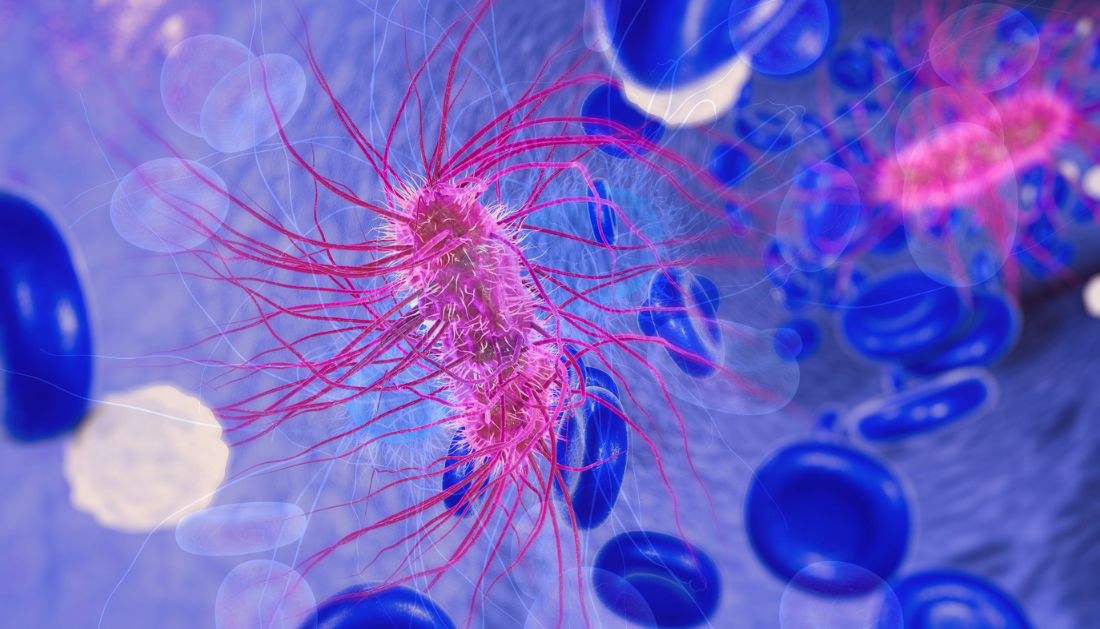

Recent research highlights a potential connection between specific E. coli strains and increased cancer rates in industrialized nations, with implications for colorectal, bladder, and prostate cancers. These findings could pave the way for innovative treatments, including vaccines and probiotics, targeting harmful bacterial strains to reduce both cancer risk and infection burden.
A groundbreaking study published in The Lancet Microbe by researchers from the Wellcome Sanger Institute and the University of Helsinki focused on two strains of E. coli known to produce colibactin. This substance can damage DNA and potentially trigger cancer. These strains are predominantly found in industrialized countries, where rates of urinary tract infections (UTIs) and bloodstream infections are high, compared to their rarity in under-resourced nations such as Pakistan and Bangladesh.
Colibactin-producing E. coli strains, first identified as risk factors for colorectal cancer, are now being linked to urinary tract cancers like bladder and prostate cancer. Researchers examined global genomic data to identify patterns between cancer incidences and these bacterial strains. In nations with higher exposure to colibactin-producing E. coli, such as the UK, elevated rates of certain cancers were observed, suggesting a geographical variation tied to bacterial prevalence.
The study underscores the need for interventions targeting these strains. Vaccines or therapeutic probiotics could help displace harmful strains while preserving the healthy gut microbiome. Such strategies would not only lower cancer risks but also reduce reliance on antibiotics for managing E. coli-related infections.
With ongoing genomic surveillance across countries, researchers are exploring how colibactin-producing strains spread and persist. Despite being over 300 years old, these two strains are uniquely equipped to maintain their DNA-damaging capabilities, making them prime candidates for elimination.
By deepening our understanding of the microbiome’s role in cancer risk, scientists hope to develop solutions that benefit global health. Innovations targeting colibactin-producing E. coli could significantly impact public health, offering dual benefits: reducing infection rates and lowering cancer incidences in industrialized nations.
More information: Mäklin, T., et al. (2024). Geographical variation in the incidence of colorectal cancer and urinary tract cancer is associated with population exposure to colibactin-producing Escherichia coli. The Lancet Microbe. doi.org/10.1016/j.lanmic.2024.101015.
more recommended stories
 T-bet and the Genetic Control of Memory B Cell Differentiation
T-bet and the Genetic Control of Memory B Cell DifferentiationIn a major advancement in immunology,.
 Ultra-Processed Foods May Harm Brain Health in Children
Ultra-Processed Foods May Harm Brain Health in ChildrenUltra-Processed Foods Linked to Cognitive and.
 Parkinson’s Disease Care Advances with Weekly Injectable
Parkinson’s Disease Care Advances with Weekly InjectableA new weekly injectable formulation of.
 Brain’s Biological Age Emerges as Key Health Risk Indicator
Brain’s Biological Age Emerges as Key Health Risk IndicatorClinical Significance of Brain Age in.
 Children’s Health in the United States is Declining!
Children’s Health in the United States is Declining!Summary: A comprehensive analysis of U.S..
 Autoimmune Disorders: ADA2 as a Therapeutic Target
Autoimmune Disorders: ADA2 as a Therapeutic TargetAdenosine deaminase 2 (ADA2) has emerged.
 Is Prediabetes Reversible through Exercise?
Is Prediabetes Reversible through Exercise?150 Minutes of Weekly Exercise May.
 New Blood Cancer Model Unveils Drug Resistance
New Blood Cancer Model Unveils Drug ResistanceNew Lab Model Reveals Gene Mutation.
 Healthy Habits Slash Diverticulitis Risk in Half: Clinical Insights
Healthy Habits Slash Diverticulitis Risk in Half: Clinical InsightsHealthy Habits Slash Diverticulitis Risk in.
 Caffeine and SIDS: A New Prevention Theory
Caffeine and SIDS: A New Prevention TheoryFor the first time in decades,.

Leave a Comment